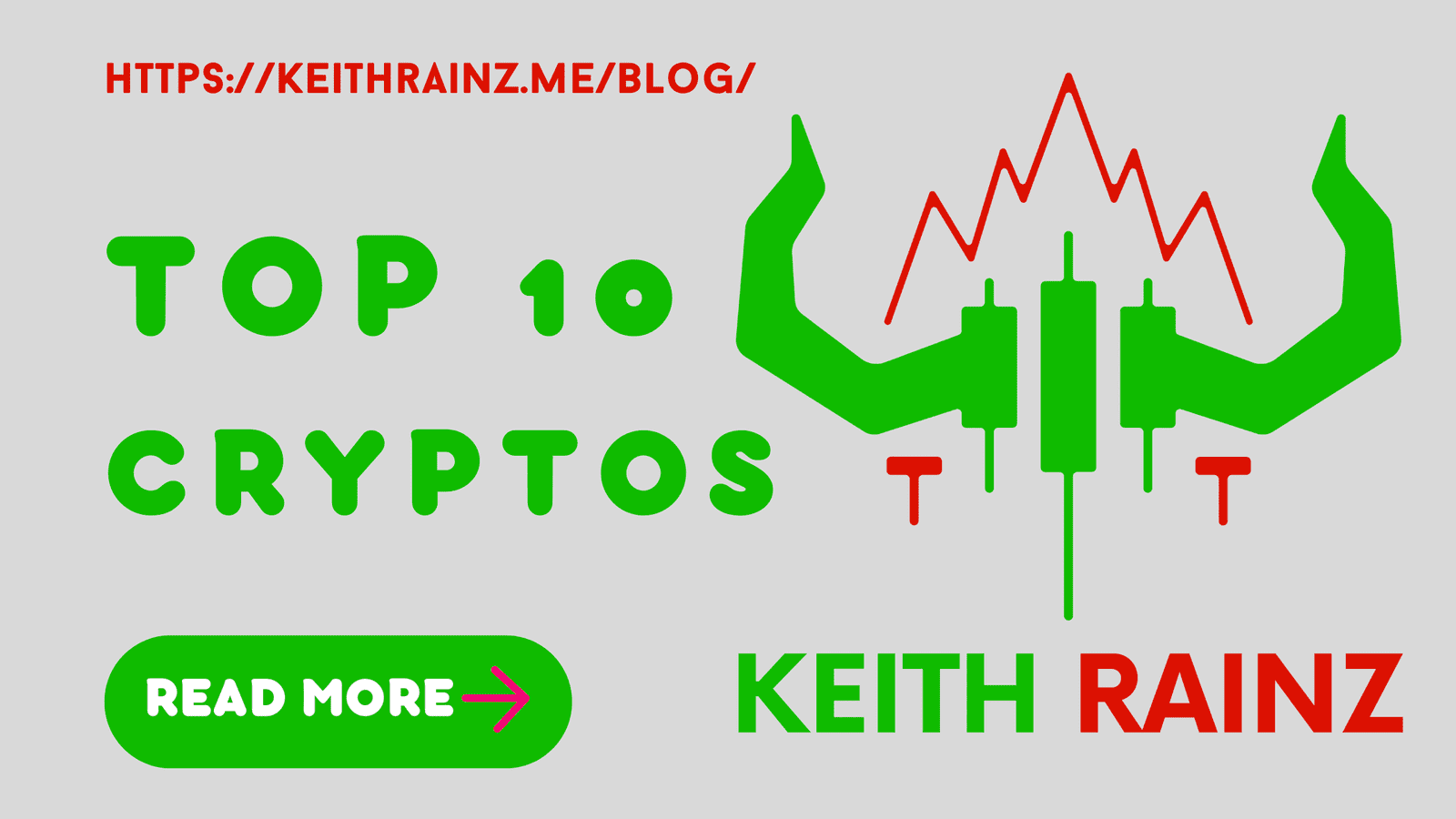There may not be a single individual left who does not believe that bitcoin payments are preferable to fiat payments in terms of speed and fees in many areas. What if we told you that crypto transactions may be completed instantaneously and at no cost? Check out our list of the top 10 cryptocurrencies with the lowest fees.
Crypto transactions can be not just significantly cheaper than fiat currency, but also completely free.
There are a few cryptocurrencies that stand out due to their low transaction fees.
Top 10 cryptocurrencies with lowest transaction fees
1. Nano
The Nano cryptocurrency is based on Bitcoin’s original goal of becoming a digital money for everyday use, which intended to replace existing currencies. And we can confidently state that the project team was responsible for it. Nano is one of the few cryptocurrencies that does not impose any transaction fees. Furthermore, transactions in the Nano network are not only fee-free but also lightning fast because to the unique Directed Acyclic Graph (DAG) technology, which allows each user to operate on their own blockchain. Because of these characteristics, bitcoin is excellent for commercial use as well as micropayments, as consumers do not have to worry about paying fees.
2. Stellar
Today, Stellar is a very popular asset that is used to pay for goods, services, and international transactions. It’s not unexpected, given the Stellar network’s lightning-fast transactions and low transaction fees of 0.00001 XLM. Stellar is also suitable for making micropayments because of its minimal fees and quick transfers. Stellar was developed in 2014 as a hard fork of Ripple, which had become overly centralized, and it has now gained user trust. XLM is currently one of the top 50 cryptocurrencies in terms of market value, and its price is steadily increasing.
3. Litecoin
Litecoin is one of the market’s oldest cryptocurrencies. Because the cryptocurrency was meant to be a lighter version of Bitcoin, transactions on the Litecoin network are confirmed four times faster and are significantly cheaper. The transaction fee on the Litecoin network is typically $0.0070, and transaction execution time is often under 2 minutes. Because the coin has been on the market for a long time, it has a high level of popularity and user confidence. In terms of market capitalization, Litecoin is also among the top 20 cryptos.
4. Dash
Dash stands for “Digital Cash,” which is self-explanatory. As a result of the Litecoin fork, the cryptocurrency was established in 2014. The inventors wanted to create a cryptocurrency that could outperform and replace fiat money. On the Dash network, transactions are very quick, and transaction fees are often under $0.2. Furthermore, the Dash cryptocurrency includes a number of intriguing features owing to masternode technology, like PrivateSend, which allows you to add an extra degree of privacy to operations, and InstantSend, which lets you to make transactions in a matter of seconds.
5. Digibyte
DigiByte is a rapidly expanding worldwide blockchain focusing on decentralized application and digital payment security. DigiByte’s major goal is to build a truly decentralized cryptocurrency that is accessible to the general public. The most secure and trustworthy method of data storage, decentralization, and transaction speed were all prioritized. The fact that DigiByte’s blockchain uses five different consensus methods at the same time ensures the highest level of security conceivable. In addition to security, transactions on the Digibyte network are extremely cost-effective, with fees typically ranging from $0.0005 to $0.0005.
6. Zilliqa
Zilliqa is a scalable blockchain platform for building decentralized applications that handle transactions quickly. The project itself is interesting since, owing to Sharding technology, the problem of scalability is solved, i.e., bandwidth grows linearly as the network traffic grows. To put it another way, it’s a competitor to Ethereum, which is based on massive scaling, high throughput, and sharding. It resembles EOS and Cardano in spirit. Users benefit from incredibly low costs, which equal to 0.1 ZIL, in addition to rapid transactions. Given that the price of ZIL is currently less than half a cent, such a cost is quite low.
7. EOS
EOS is a new project with big ambitions: to become the most powerful and functional platform for dealing with decentralized apps, and to outperform Ethereum in terms of popularity. The cryptocurrency is currently ranked in the top 50 by market capitalization. EOS is a decentralized operating system for building blockchain applications. The platform is absolutely free and is aimed to make programmers’ lives easier. Transactions on the EOS token are free, which sets it apart from other cryptocurrencies. There is no price for the procedures carried out. Instead, some system resources are set aside to handle incoming transactions.
8. Tron
Tron is a blockchain that is one of the most popular and in-demand on the market. The project began in 2017, and in just a few years, it has grown to a market value of over $6 million, with the coin itself ranking in the top 30 on CoinMarketCap. Tron is known for its lightning-fast transactions and near-zero transaction fees. Tron is Ethereum’s major competitor because of these features. Tron is superior to Ethereum in several ways, including the consensus mechanism, as Ethereum is just aiming to transition to PoS. Other prominent coins, such as the USDT stablecoin, have also been launched on the Tron network.
9. IOTA
IOTA is a one-of-a-kind, creative project that began in 2017. The IOTA platform was built with a specific goal in mind: to aid in the advancement of the “Internet of Things” (IoT). The project’s key characteristic is that the developers have abandoned blockchain technology, relying instead on Directed Acyclic Graph. This method ensures lightning-fast transactions. Furthermore, because there are no miners on the network, you can totally avoid transaction costs. The project is a big topic in the crypto community, and IOTA is now ranked in the top 50 by market capitalization.
10. Bitcoin SV
Bitcoin SV is a fork of Bitcoin Cash that was first released in 2018. The name Bitcoin Satoshi Vision alludes to the fact that this coin embodies the originator of Bitcoin’s vision. The project’s major purpose was to improve the worldwide payment system while also optimizing the blockchain for application development. The Bitcoin SV network’s transaction costs are exceptionally low, especially when compared to Bitcoin, and seldom reach $0.006. Bitcoin SV is perfect for everyday use as a payment tool, according to this review.
Conclusion
Adding one of the coins listed as a payment mechanism is an excellent approach to attract new clients. Many people are converting to cryptocurrency because they are fed up with banks’ exorbitant costs. As a result, if you allow your consumers to pay nearly promptly and without fees, you will gain an indisputable competitive advantage.







